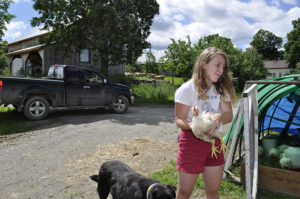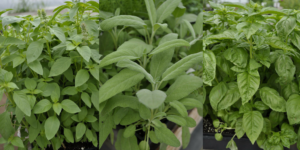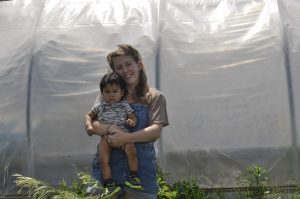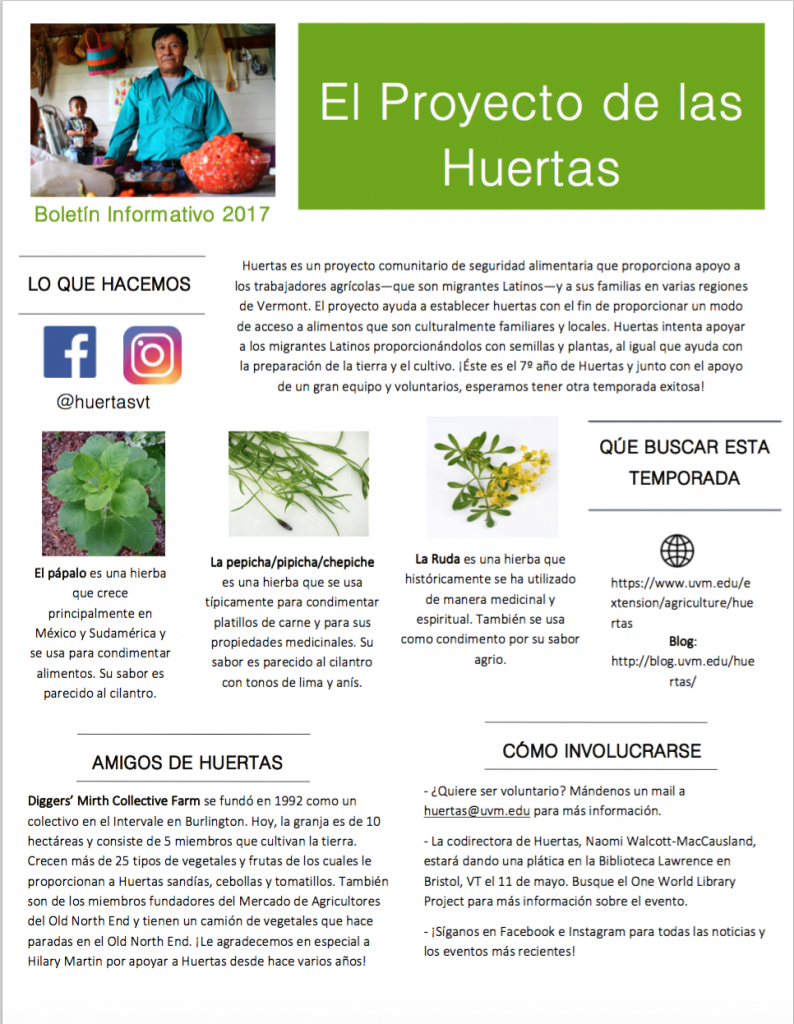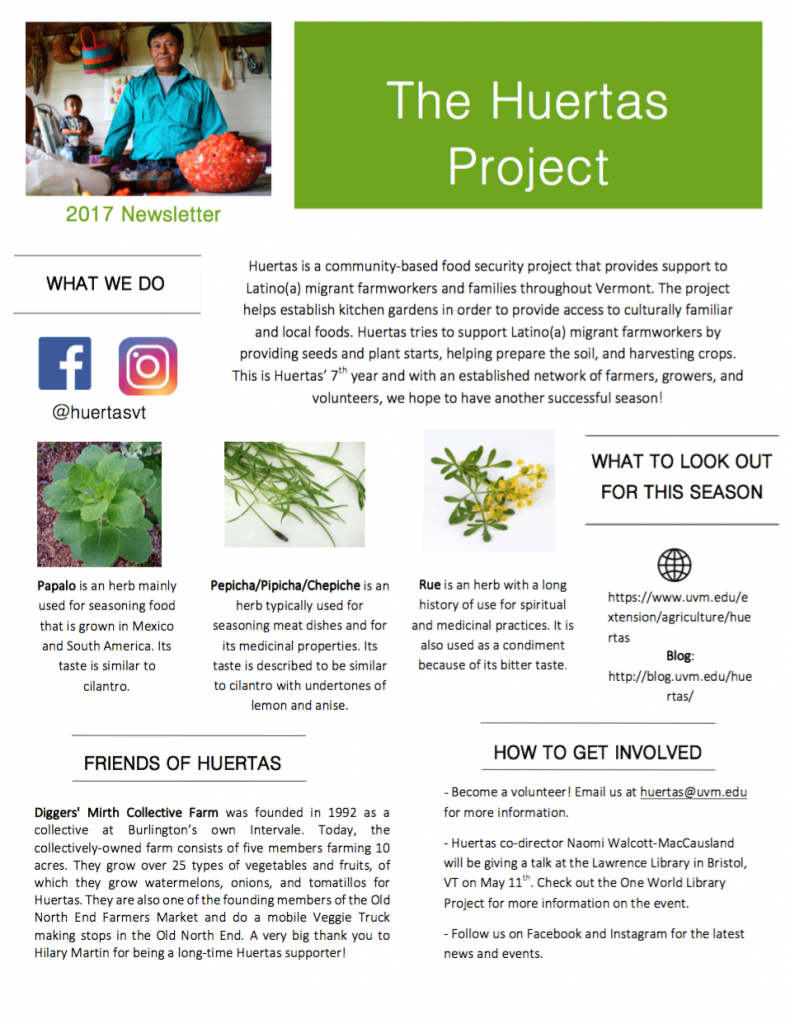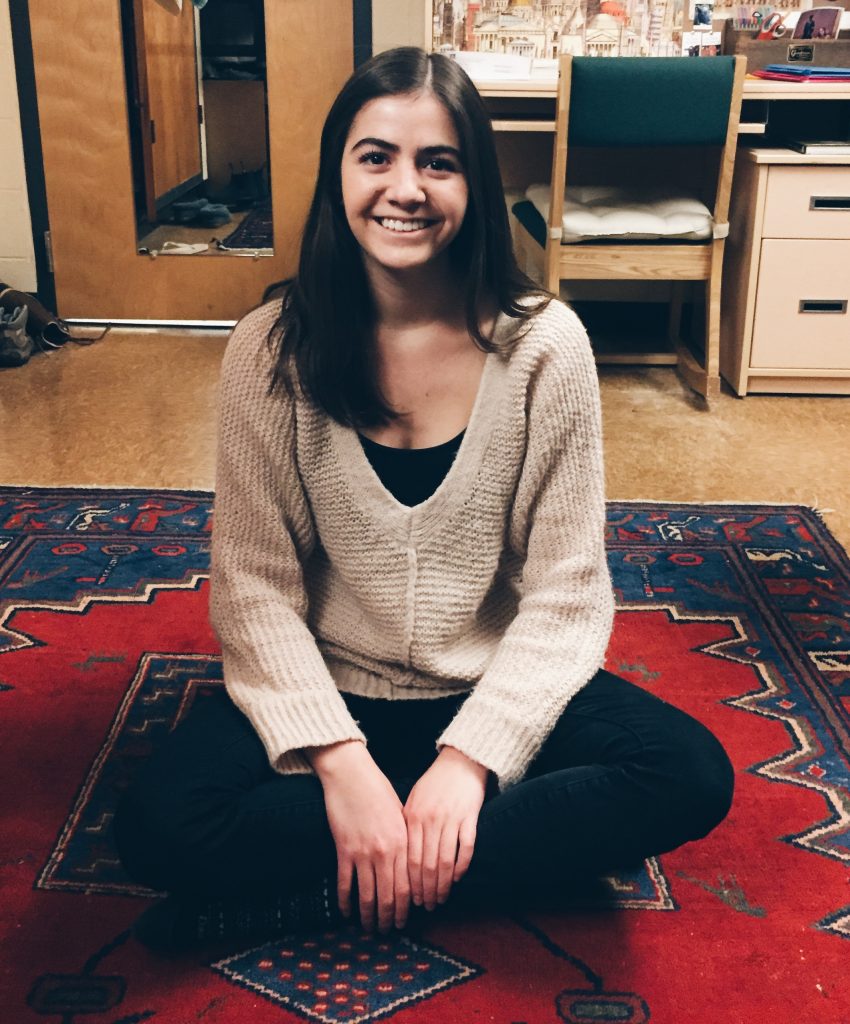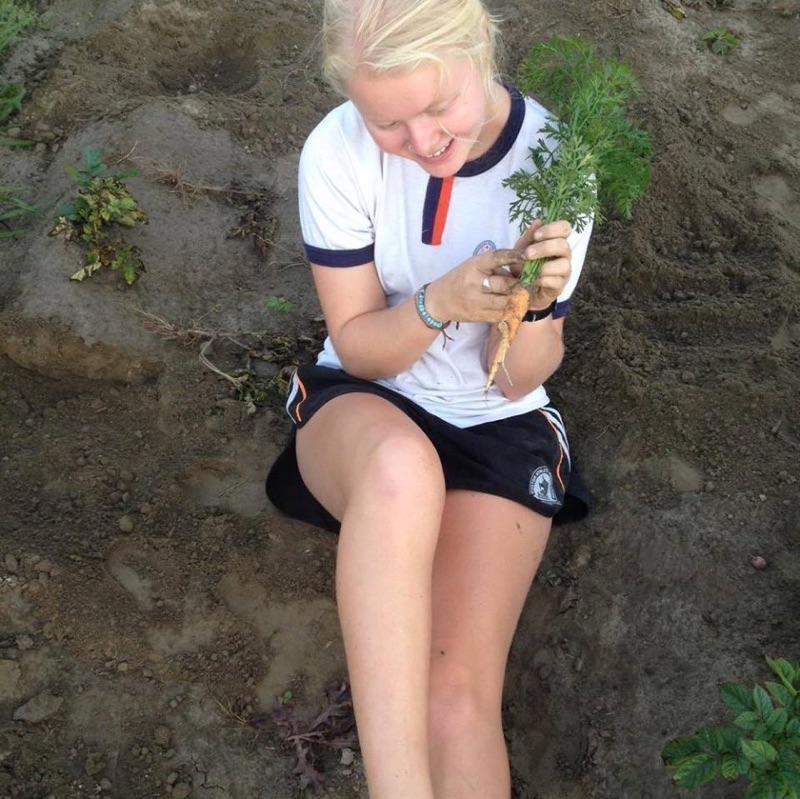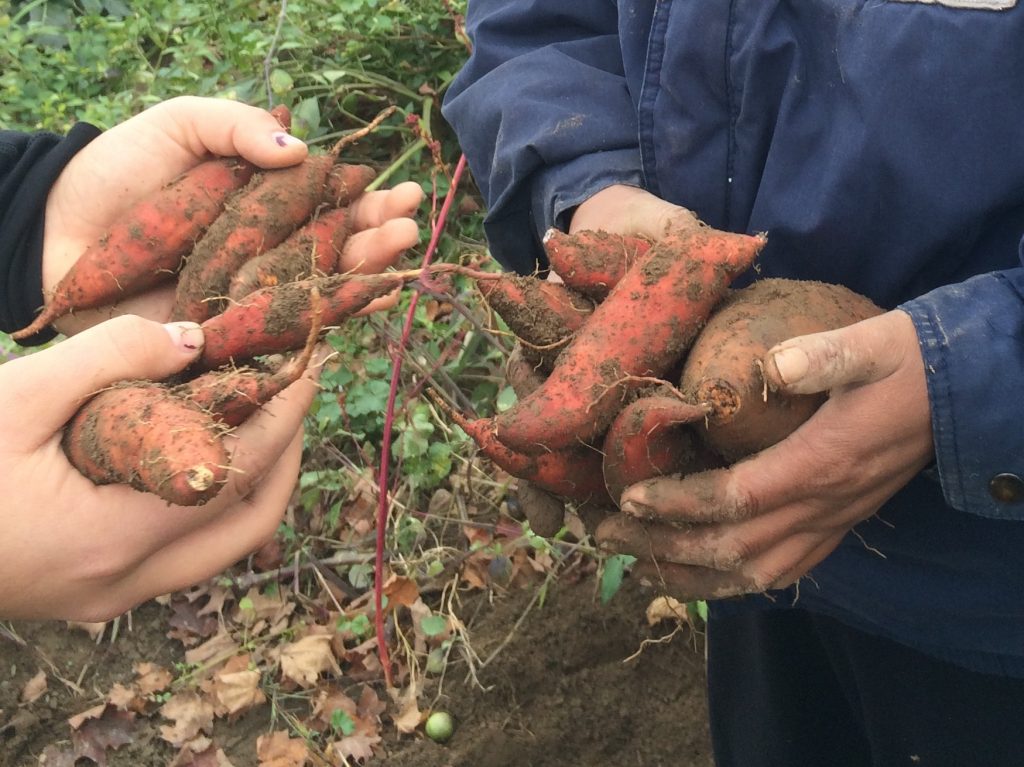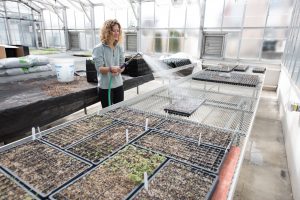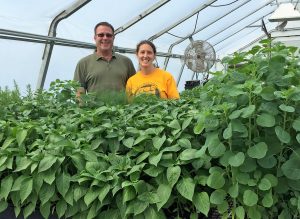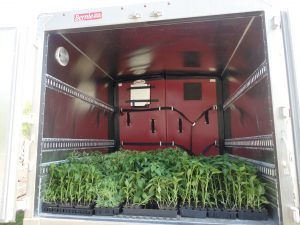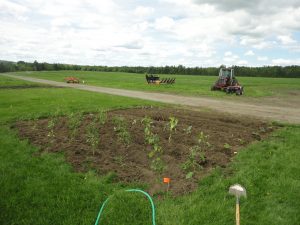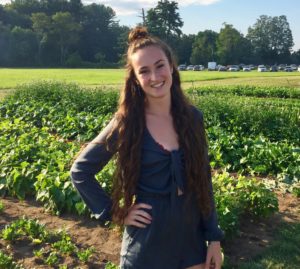
Meet Alli Conroe, a 2018 field intern studying Community and International Development with minor in Food Systems! Alli started learning Spanish in middle school and ever since then has found ways to bring the language out of the classroom and into her day-to-day life. Growing up in Saratoga Springs, New York– home of the infamous horse racing track– she became involved with the migrant workers from Mexico and Guatemala who worked in the industry. Alli volunteered as a translator and helped to distribute hygiene products to the workers who often faced unstable and compromised living conditions. Having lived in Saratoga her whole life, Alli was unaware of this population despite them being the backbone for the race track. The theme of invisibility that immigrant communities face aligns with that of the immigrant dairy workers in Vermont. Despite the richness these populations add not only the economy, but our community and country, immigrants are often the first groups to be attacked and face discrimination. Alli’s commitment to mitigating these negative stereotypes and experiences can be seen in through her various forms of involvement with migrant communities.
In addition to Alli’s experience as a translator, her interest in food systems made her a perfect fit for Huertas. Her passions all came to a head when visiting with a Huertas participant and eating tamales. The participant said, “Without Huertas, I would not have such clean and healthy food to feed my family, and to help teach our daughter about our culture.” Alli described this moment as one where she could feel the impact of Huertas. During the upcoming growing season, Alli hopes to build upon her knowledge of food systems while gaining a better understanding of how food insecurity affects underserved populations in the U.S.
Conoce a Alli–una becaria de campo estudiando Desarollo Comunitario e Internacional y los Sistemas de Alimento! Alli empezó a aprender Español en preparatoria. Desde ese entonces, Alli encontró diferentes maneras de utilizar el idioma fuera del salón y en su vida cotidiana. Ella es de Saratoga Springs, Nueva York, famoso por las carreras de caballos, y trabajó con l@s trabajadores migrantes de México y Guatemala, quienes trabajan en la industria. Alli fue una voluntaria que ayudaba con tradución y la distribución productos higiénicos. L@s trabajadores ahí enfrentan condiciones de vida difíciles y viven muy expuestos, de algunas maneras semejante a la experiencia de l@s trabajadores agrícolas en Vermont. A pesar de la riqueza que añaden estas personas a la comunidad y al país, también enfrentan discriminación y racismo constante. La motivación de Alli para mitigar los estereotipos y las experiencias negativas se puede ver en su participación con las comunidades migrantes.
Además de su experiencia como una traductora, su interés en los sistemas de alimento, nutrición, salud y acceso a comida fresca hace que Alli sea la becaria perfecta para Huertas. Un día cuando compartió tamales con un participante de Huertas, la persona dijo, “Sin Huertas, no tendría comida limpia y saludable para alimentar a mi familia y para enseñarle mi cultura a mi hija por medio de la comida.” Alli describió que en ese momento fue evidente el impacto de un proyecto como Huertas. Durante el verano cuando sembramos las huertas, Alli espera añadir su conocimiento de sistemas de alimentos y también quiere mejorar su conocimiento de la inseguridad alimentaria y los impactos que tiene en las poblaciones marginales de Estados Unidos.
